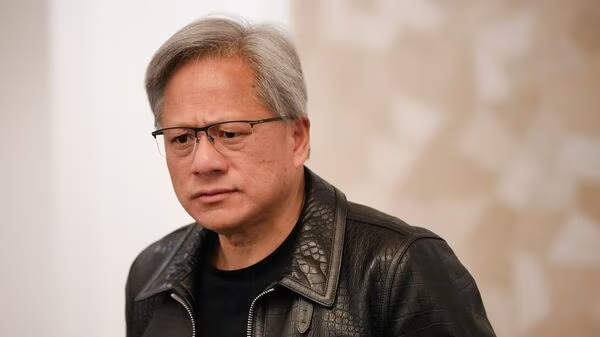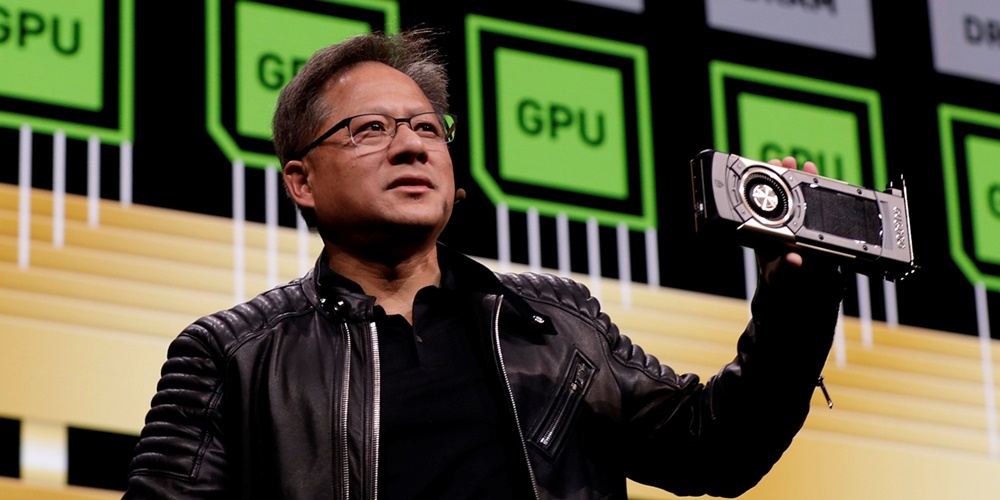At a recent economic forum at Stanford University, Nvidia’s Chief Executive, Jensen Huang, offered an intriguing perspective on the future of artificial general intelligence (AGI). As the head of Nvidia, a leading entity in the creation of AI chips crucial for systems like OpenAI’s ChatGPT, Huang’s insights carry significant weight in the tech industry.

During the forum, a question was posed to Huang about the timeline for achieving a key milestone in Silicon Valley: the development of computers that can replicate human cognitive processes. This concept, known as artificial general intelligence, has been a focal point of technological advancement goals.
In his response, Huang highlighted the importance of defining the goalposts for AGI. He suggested that if AGI is characterized by the ability to pass tests designed for humans, then this groundbreaking level of intelligence could be realized much sooner than many anticipate. According to Huang, we could be as little as five years away from achieving this level of AI proficiency.
“If I gave an AI …every single test that you can possibly imagine, and you compile that list of tests for the entire computer science industry, I’m guessing in five years’ time, we’ll excel in every single one,” stated Huang, on the day his company’s market value soared to $2 trillion.
Currently, AI systems have the capability to pass challenging tests, such as the legal bar exam, yet they falter when it comes to specialized medical tests like those in gastroenterology. Nonetheless, Huang confidently asserts that within the next five years, AI will be equipped to pass any test thrown its way, including the most specialized ones in medicine.
Huang highlighted that the timeline for AGI’s realization could significantly differ based on various interpretations of its definition. He noted the lack of a unified understanding of human cognition among scientists, which poses a challenge for engineers who require specific targets to achieve results.
“Without clear objectives, it becomes difficult for engineers to reach the intended outcomes,” Huang explained, stressing the necessity of precise goals in engineering projects.
Furthermore, Huang addressed questions about the necessity for more chip production plants, or “fabs,” to accommodate the AI sector’s growth. According to recent reports, OpenAI’s CEO, Sam Altman, has indicated a substantial increase in fab production is crucial to cater to the industry’s burgeoning needs.
Huang also acknowledged the need for additional fabs but also pointed out the ongoing advancements in chip technology, which may mitigate the total number of chips required.
“We definitely need more fabs, but it’s crucial to note that the efficiency and processing power of AI are improving significantly over time,” Huang explained. “The current state of computing efficiency isn’t static, so the demand isn’t fixed. I anticipate that we’ll enhance computing efficiency by a million times in the next decade.”



